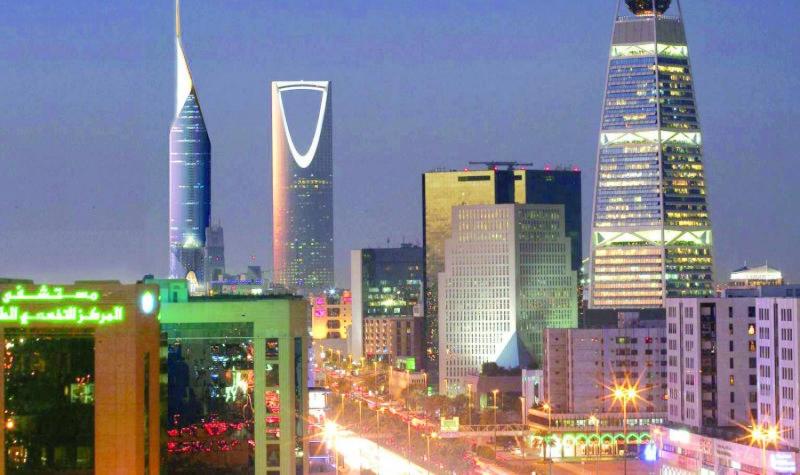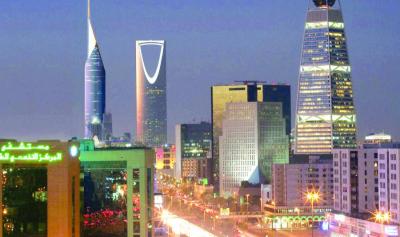The Saudi Cabinet reviewed today, Tuesday, the contents of discussions held by the Custodian of the Two Holy Mosques and the Crown Prince with several world leaders over the past few days, which concern the relationships between the Kingdom and their countries and ways to enhance joint cooperation.
During the session chaired by King Salman bin Abdulaziz, the council examined updates on the Kingdom's foreign policy efforts and its diplomatic endeavors to support dialogue and peaceful solutions, as well as initiatives that contribute to achieving a world characterized by security and stability, flourishing and growth at all levels, in a way that fulfills the aspirations of people for a better tomorrow.
Saudi Minister of Media Salman bin Yusuf Al-Dosari, in his statement to the Saudi Press Agency (SPA) after the session, noted that the council discussed the results of the Kingdom's participation in several regional and international meetings, reaffirming its interest in building bridges and cooperating with organizations and multilateral coalitions to achieve greater effectiveness in collective work and coordination regarding issues and challenges of common interest.
The Cabinet emphasized the Kingdom's commitment, as stated during the meeting of the regional council for the preservation of the Red Sea and Gulf of Aden environment, to support efforts to address environmental challenges in the region and the world. This is reflected in its adoption of several significant initiatives, including the Middle East Green Initiative, aimed at contributing to global targets in this field.
The council confirmed that the Kingdom will continue to enhance precautionary efforts of the OPEC+ group aimed at supporting the stability of oil markets, including the extension of the voluntary reduction of one million barrels per day, which began in July, to include the upcoming month of September.
The Saudi Minister indicated that the Cabinet welcomed the Kingdom's hosting of the United Nations Global Center of Excellence for Environment and Geospatial Information, which is considered an important platform for future foresight in this field using qualitative, innovative, and advanced methods to achieve growth, innovation, and sustainable development aligned with the objectives of Vision 2030.




